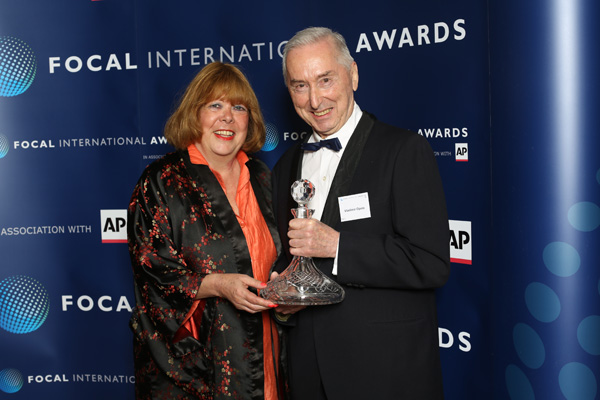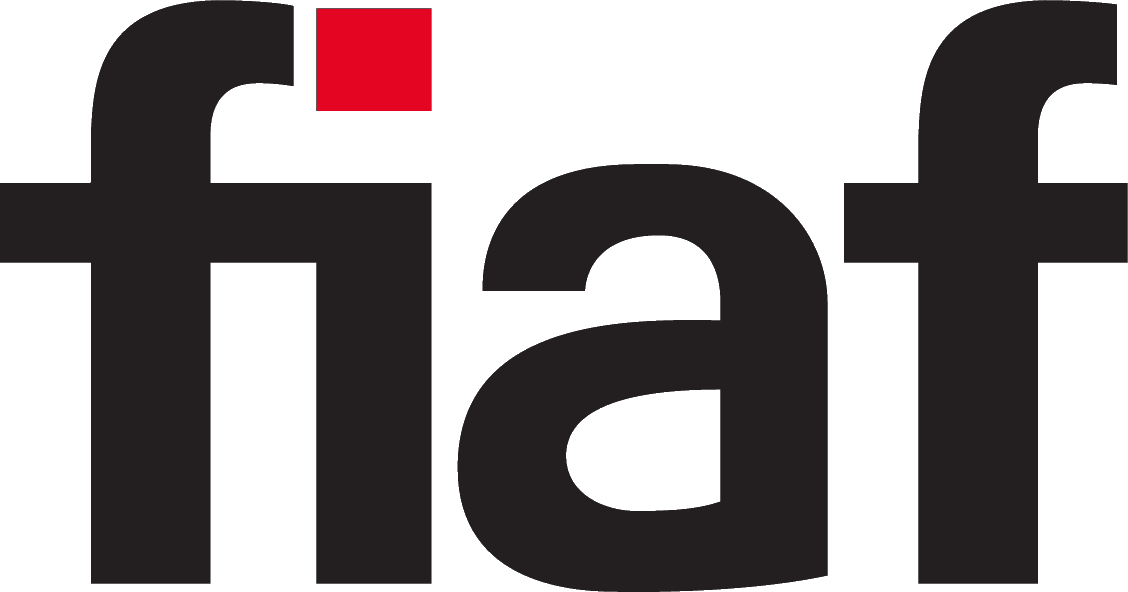|
Our colleague Vladimir Opela of the Czech National Film Archive received the FOCAL International Lifetime Achievement Award in London on 30 April.
|
 |
Here is a text on Vladimir from FOCAL International:
VLADIMIR OPELA, who is 76, has worked at the Czech National Film Archive since 1965, and during that time has twice saved precious historical collections from destruction. He still works there as Curator. After the 1968 Warsaw Pact invasion of Czechoslovakia, the Communist censors tried to remove any images from the archives which undermined the communist ideology. Opela saved films from the 1950s - recordings of the trials of Rudolf Slansky and Milada Horakova, the collectivisation of agriculture and newsreels and documentaries about Dubcek, 'Prague Spring' and resistance to the 1968 invasion. During the post-communist era of the 1990s - the era of 'wild' privatisation - Opela managed to keep the film collections of the National Film Archive intact. The Prague archive is now a unique national collection of film from the birth of cinema up to the modern day, providing a visual historical record of developments not only in Czechoslovakia, but across Central Europe and beyond. Vladimir Opela succeeded in safeguarding the National Film Archive and Film Institute as a national institution, partly funded by the state. Its role is to preserve, restore and interpret film materials, and ensure that film heritage and other materials (stills, posters etc) are widely accessible to all. There are special seasons of historical films at the Film Institute cinema in central Prague, and film materials are made available to film societies all over the country. There is also an annual Summer Film School which has access to the National Archives. Special historical programmes using the archive films are regularly screened by Czech public service television. And the Archive responds promptly to all research and commercial requests from home and abroad. Under Opela's leadership the Archive restored hundreds of hours of precious film material. Apart from the local footage, also copies of early French, German, American and Russian feature films which haven't been saved anywhere else. These include: Straight Shooting (dir. John Ford, 1917, USA); Die Spinnen (dir. Fritz Lang, 1919, Německo); Les Trois musquetaires (dir. Henri Diamant-Berger, 1921, Francie); Der Schatz (dir. Georg W. Pabst, 1923, Německo); Kastanka (dir. Olga Preobrazenskaja, 1926, USSR); Stark Love (dir. Karl Brown, 1927, USA); Monte Cristo (dir. Henri Fescourt, 1928, France). Plus hundred of slapstick comedies dated 1912-1929 and many other cinema productions. International activities Vladimir Opela's activities on both the national and international archive scene include: FIAF Vice-President 2007 - 2011 (active in the organisation since 1979). In 1998 the Czech National Archive led by Opela organised the 54th FIAF Congress in Prague. It was Opela who proposed The World Day for the Audiovisual Heritage on October 27, adopted worldwide in 2007. Opela was active in the work of ACE - creation of new archives in former Yugoslavia and in East Europe. He also created The Charter of Film Restoration with Vittorio Boarini of Bologna. He has promoted archive projections with lectures at the Prague based Film Institute. At the famous Czech film school FAMU, he lectures on film archiving and restoration; teaches at the Faculty of Philosophy of Charles University and has also delivered lectures at many international gatherings from Berlin to Tokyo and Taipei. He has published Catalogues of Czech Feature Films, initiated publication of the Czech-English Film Yearbook (both in hard copy and electronically); and many other publications. He also organised an Oral History group and most importantly established a new archive of amateur and family films. He has lectured all over Europe, Canada and the Far East and had publications on film terms, handling, preservation and storage as well as cinematographers and costume and set designs published in many different languages. He has won international awards in Italy, France, Japan, Poland, Russia, Germany and in his own country he has been awarded the Minister of Interior's medal 'For merit in Czech archiving' (2008), as well as the Minister of Culture's award for his 'contribution to Czech culture development'; the award of the Czech Director and Screen-writer Association - ARAS (2012) and honorary member of Czech Archival Association (2012)
A QUOTE FROM VLADIMIR: 'When I took up my position as technician at the CSFU Film Archive (1 Sept, 1965), the film material was stocked in a kiln, a subterranean vault of a former bakery, in a pub, in garages of the former concentration camp, in a tower in the castle Kost amongst many other places! On January 1,1966 I was appointed the Head of the new Technical Department of FA CSFU. The aim of this new department was - and still is - gathering and processing of audiovisual material, its repair, restoration and safe-guarding. The first task was to classify and then separately deposit highly flammable material and safe-based material. I suggested making a general inventory and I created a new information film archive system (identification cards, expedition cards, location plans, identification labels, film material technical state records, amendment of acquisition books, a new mode of catalogue processing). After the invasion in the 1970s, the period of so-called normalisation, when the archive was isolated from the direct contact with International Federation of Film Archives (FIAF), the most important task was to solve archiving problems at a top scientific level and to ensure preservation and safeguarding of Czech films. I concealed the ones most in danger in the vaults under false names e.g.1968 events, Jan Palach, some of the prohibited films of New Czech Wave, records from the anti-state conspirator centre case - the process against democratic opposition representatives from 1949'.





